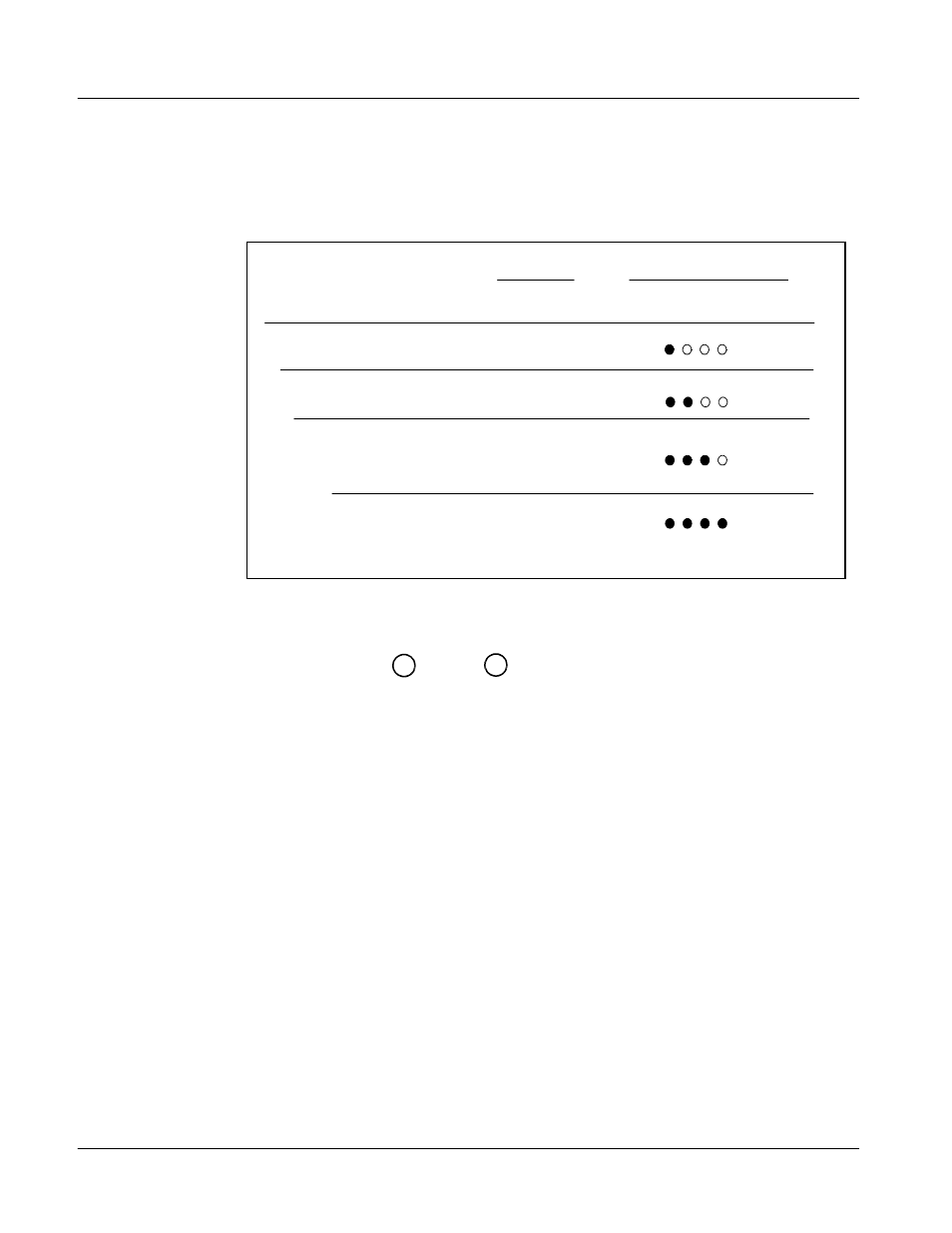Sierra Video UPC-166 User Manual
Page 48

3
Control and Display Descriptions
UPC-166 Card Edge Control Menu/Submenu Structure
(See below.) Using the menu system of group menus and submenus described
earlier, the UPC-166 parameters/controls are organized into menus and
submenus. As appropriate, a submenu similarly may have its own further
additional subordinate submenus.
1
(Submenu 1 selection items)
2
(Submenu 2 selection items)
3
(Submenu 3 selection
4
(Submenu 4 selection
Figure 3-3 shows an example of using the card edge controls to access the
Embedded Audio processing group menu (along with some of its submenus)
to set the routing and signal processing parameters for an embedded audio
channel.
through
in Figure 3-3 denote the discrete tasks required in
A
S
performing the example setup using the UPC-166 card edge controls.
In this example, the following input processing is being performed:
•
Embedded Channel 3 is selected as the source for Embedded
Channel 1 within Embedded Audio Group 1.
•
Gain is increased over unity default by 12.1.
•
Phase is inverted.
In this example, the following output processing is being performed:
•
The embedded Channel 1 path has been directed to AES Output
Channel 1.
•
Gain is increased over unity output default by 18.5.
•
Phase is normal (non-inverted).
Due to the limited control available when using the built-in card edge
control user interface, the navigation into and out of submenus shown in
Figure 3-3 is required to perform the setup described above.
3-4
UPC-166-OM
(V4.0)
Menu depth (as indicated by
Menu Depth
UPC-166 Menu Depth LEDs)
Menu Group Item
none
Submenu 1
Submenu 2
Submenu 3
items and/or parameter
values)
Submenu 4
items and/or
parameter values)
